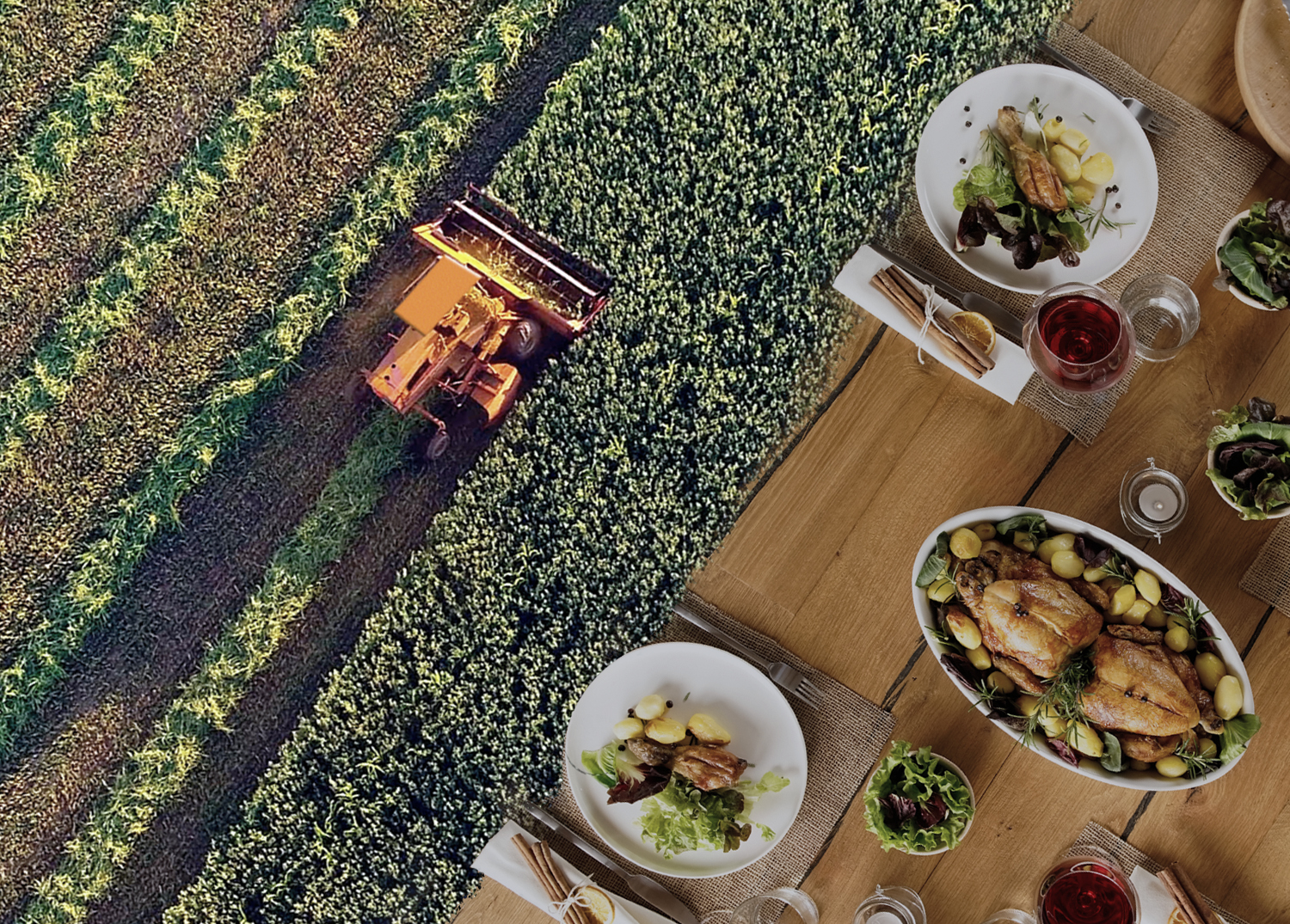News /
Agriculture sector provides a solution for Canada’s climate, data and export goals
Agriculture sector provides a solution for Canada’s climate, data and export goals
“After the early days of the pandemic, Canadians came to appreciate just how secure our food supply chain is. For a brief moment, Canadians and politicians didn’t take farmers for granted. It shouldn’t take a crisis like COVID-19 for us to recognize the businesses in our national agriculture sector supply chain continue to deliver food to our tables in Canada and around the world,” said Perrin Beatty, President and CEO, Canadian Chamber of Commerce.

(OTTAWA) – May 13, 2021 – Canadians often don’t realize farmers are high tech or climate experts, but the facts are that, the agriculture and agri-food sector is highly innovative and increasingly recognized as a leader in fighting climate change.
In response, a multi-sectoral coalition has been launched to promote Canada’s industry abroad and support the Canadian agriculture and agri-food sector in leading Canada’s economic recovery.
Canadian agriculture has a good story to tell. On a global average, about 23% of global greenhouse gas (GHG) emissions come from agriculture. Here in Canada, agriculture accounts for just over 8% of our overall GHG. Canadians food producers are among the greenest in the world. On top of that, there is a high degree of carbon stored in the soil and governments are looking to farmers to meet GHG reduction targets.
Still not convinced? The agriculture and agri-food sector has not only reduced its carbon footprint through technology, but also through carbon capture in soil. Many of the foods you eat today may have been grown using drones and earth sensors, which allow for precise product applications and produce higher yields more efficiently over time. At the outset of the value chain, farms are reaped by autonomous tractors featuring GPS and radar technologies. These same technologies enable us to use products more efficiently and better manage our environmental footprint.
From producers to processors to your plate, the agriculture and agri-food sector exemplifies highly innovative and complex operations requiring not only knowledge of land use and best environmental practices, but also significant skill in operating these new tools. These new precision agriculture tools are allowing farmers to produce more while reducing their environmental footprint.
“After the early days of the pandemic, Canadians came to appreciate just how secure our food supply chain is. For a brief moment, Canadians and politicians didn’t take farmers for granted. It shouldn’t take a crisis like COVID-19 for us to recognize the businesses in our national agriculture sector supply chain continue to deliver food to our tables in Canada and around the world,” said Perrin Beatty, President and CEO, Canadian Chamber of Commerce.
Businesses in this sector face some of the highest costs compared to their G7 counterparts, thanks in large part to endlessly overlapping federal, provincial and regional regulations. In the recent Canadian Survey on Business Conditions, 26.6% of agricultural business owners reported government regulations as a key obstacle to their survival.
“Canada must modernize its approach to regulations or risk severely hampering the economic potential of the agriculture and agri-food sector, one of its shining examples of business innovation. We need a regulatory environment that is consistent, predictable, timely, and supports innovation. If Canada wants a blueprint of what climate change mitigation and big data looks like in the real world, we need look no further than sustainable and smart farms. Imagine what they could do if they weren’t taxed and regulated to near extinction,” added Beatty.
Canada’s agricultural and agri-food sector has tremendous impact on the lives of everyday Canadians, accounting for one in eight jobs (2.3 million people) and contributing $143 billion per year to our economy (7.4% of GDP). That’s why the Canadian Chamber has launched Canada’s FoodLink campaign.
“The Canada’s FoodLink campaign is about supporting businesses all along the food chain in Canada, who want to build a more secure, environmentally-friendly food supply system for Canadians. We have to make it easier for them to do just that, or we risk facing fewer food choices and lower security, forcing us to depend on food imported from countries,” concluded Beatty.
For more information about the Canada’s FoodLink campaign, click here.
About the Canadian Chamber of Commerce – Because Business Matters
The Canadian Chamber of Commerce helps build the businesses that support our families, our communities and our country. We do this by influencing government policy, by providing essential business services and by connecting businesses to information they can use, to opportunities for growth and to a network of local chambers, businesses, decision-makers and peers from across the country, in every sector of the economy and at all levels of government, as well as internationally. We are unapologetic in our support for business and the vital role it plays in building and sustaining our great nation.
-30-
For more information, please contact:
Phil Taylor
ptaylor@chamber.ca (preferred and fastest response time)
Related News

The Polar Night Rises: Statement on Today’s Labour Force Survey by the Canadian Chamber

Chamber Thanks Minister Navdeep Bains for Contributions to Canadian Innovation, Welcomes New Ministers At Critical Time For Businesses




